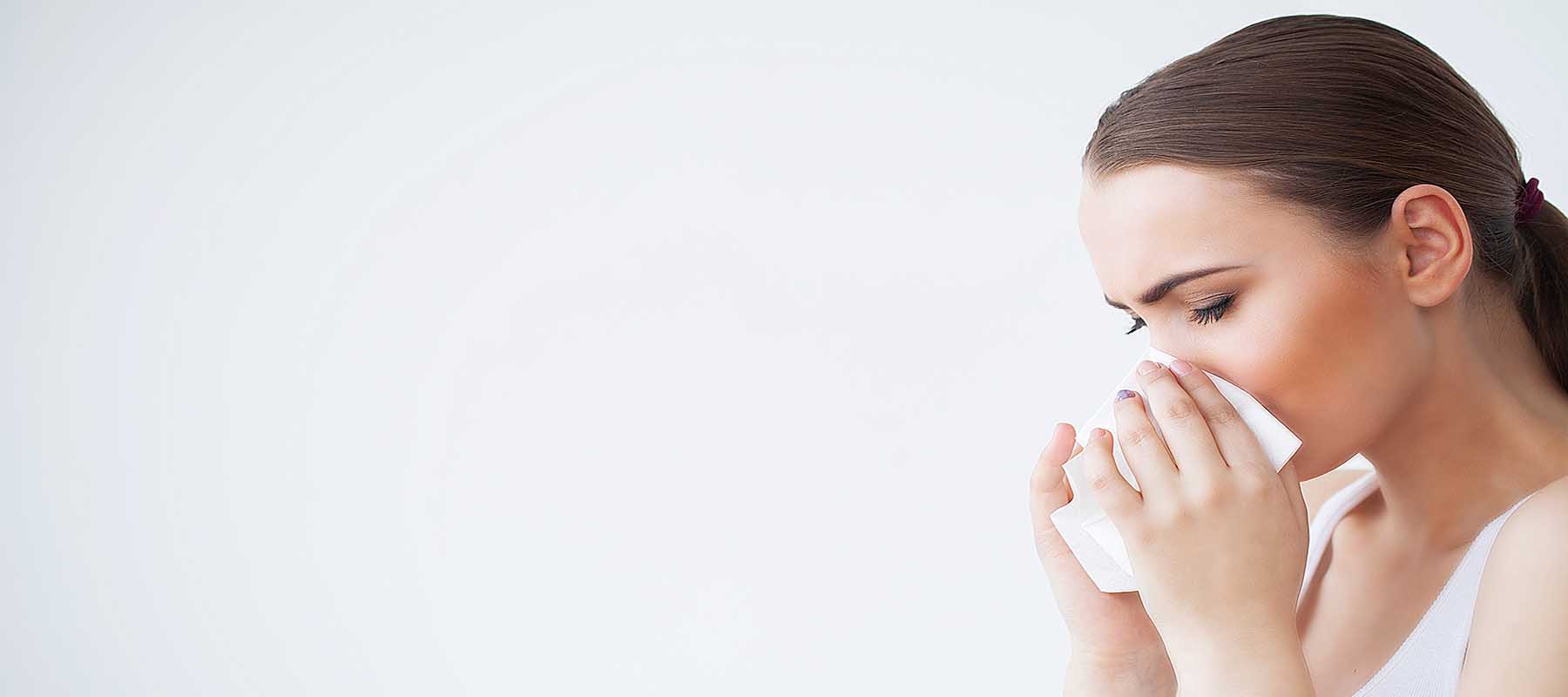The calendar says fall is still a few days away, but fall seasonal allergies have already started. The cool and wet summer experienced by much of the country means a strong ragweed allergy season is on tap.
Fall Seasonal Allergens
 Ragweeds, goldenrods, and molds are the most common fall seasonal allergy culprits. Fortunately, the ragweeds and goldenrods will be gone with the first few frosts. Mold can linger all winter.
Ragweeds, goldenrods, and molds are the most common fall seasonal allergy culprits. Fortunately, the ragweeds and goldenrods will be gone with the first few frosts. Mold can linger all winter.
Just one ragweed plant can produce one billion pollen particles and they are so small and light that the wind can carry them many miles. Goldenrods get a bad rap in the fall because they bloom at the same time as the ragweeds and the plants look similar. However, goldenrod pollen isn’t as likely to become airborne because it depends on insects for dispersal. The goldenrod pollen grains are much larger and are sticky, so they don’t get blown about the neighborhood. You can blame the goldenrods, but the ragweeds are the real problem.
Ragweeds and goldenrods can be found on the roadsides, the edges of pathways, and the perimeter of fields and forests. They will be in areas that aren’t frequently mowed. To reduce pollen exposure, drive with your windows up and avoid the areas where the ragweeds are growing.
Fight Back this Ragweed Allergy Season
If you have fall seasonal allergies, you may want to consider moving your exercise activities indoors. If the idea of running on a treadmill doesn’t excite you, then continue your jogging routine while wearing a U2SportMask to protect against pesky pollen particles. These masks are also great for:
- Walking;
- Biking;
- ATV trail riding; and
- Gardening and raking leaves
Nasal Irrigation for Ragweed Allergy Control
Nasal and sinus irrigation is making a comeback as a means of natural allergy control. As people are more interested in finding ways to control their allergies without medication, the market has responded with advanced technologies for more comfortable nasal and sinus irrigation. Read how to get Relief from Seasonal Allergy Using Nasal Irrigation to discover more about this technique.
While the bad news is that the fall ragweed allergy season is off to an early and strong start, it won’t be long lived. Most temperate areas are expecting early frosts which will kill the ragweeds and put an end to the ragweed allergy season.
Till Next Time!
Cheryl

